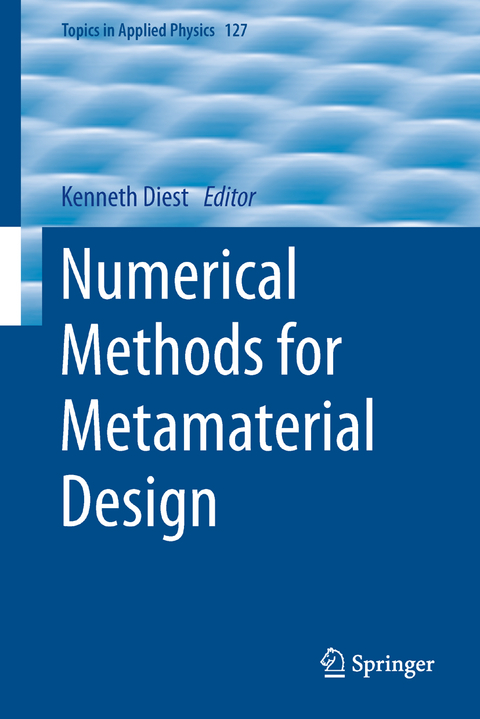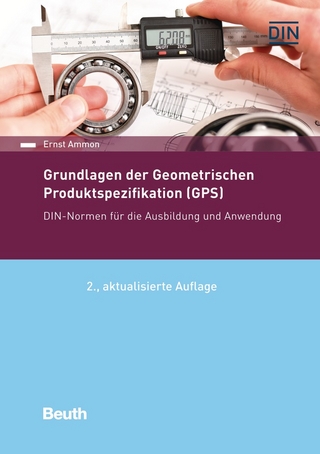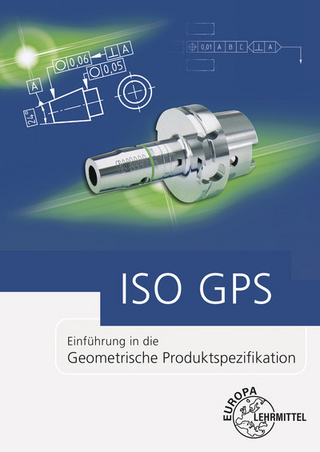
Numerical Methods for Metamaterial Design
Springer (Verlag)
978-94-007-9922-6 (ISBN)
After a review of both the major efforts within the field of metamaterials and the field of mathematical optimization, chapters covering both gradient-based and derivative-free design methods are considered. Selected topics including surrogate-base optimization, adaptive mesh search, and genetic algorithms are shown to be effective, gradient-free optimization strategies. Additionally, new techniques for representing dielectric distributions in two dimensions, including level sets, are demonstrated as effective methods for gradient-based optimization.
Each chapter begins with a rigorous review of the optimization strategy used, and is followed by numerous examples that combine the strategy with either electromagnetic simulations or analytical solutions of the scattering problem. Throughout the text, we address the strengths and limitations of each method, as well as which numerical methods are best suited for different types of metamaterial designs. This book is intended to provide a detailed enough treatment of the mathematical methods used, along with sufficient examples and additional references, that senior level undergraduates or graduate students who are new to the fields of plasmonics, metamaterials, or optimization methods; have an understanding of which approaches are best-suited for their work and how to implement the methods themselves.
Kenneth Diest is currently a Member of Technical Staff at the Massachusetts Institute of Technology Lincoln Laboratory, where he works on the simulation, design, and fabrication of passive and active nanophotonic devices. Prior to this, he was a research scientist with the Aerospace Research Laboratories at Northrop Grumman and a visiting scientist at the California Institute of Technology. He holds both a M.S. and Ph.D. in Materials Science from the California Institute of Technology, and received a B.S. in Materials Engineering from Cornell University in 2002.
1 Introduction; K.Diest.- 2 An Overview of Mathematical Methods for Numerical Optimization; D.E. Marthaler.- 3 Optimization with Surrogate Models; T.Schaul.- 4 Nonsmooth Optimization by Mesh Adaptive Direct Search; C.Audet, K.Diest, S. Le Digabel, L.A. Sweatlock, and D.E. Marthaler.- 5 Nature Inspired Optimization Techniques for Metamaterial Design; D. H. Werner, J.A. Bossard, Z.Bayraktar, Z.H. Jiang, M.D. Gregory, and P.L. Werner.- 6 Objective-First Nanophotonic Design; J. Lu and J. Vuckovic.- 7 Gradient Based Optimization Methods for Metamaterial Design; W. Chen, K.Diest, C.-Y. Kao, D.E. Marthaler, L. A. Sweatlock, and S.Osher.- Appendix: The Interface Between Optimization and Simulation.
| Erscheinungsdatum | 23.09.2017 |
|---|---|
| Reihe/Serie | Topics in Applied Physics ; 127 |
| Zusatzinfo | XVI, 213 p. |
| Verlagsort | Dordrecht |
| Sprache | englisch |
| Maße | 155 x 235 mm |
| Themenwelt | Informatik ► Weitere Themen ► CAD-Programme |
| Naturwissenschaften ► Physik / Astronomie ► Optik | |
| Technik ► Elektrotechnik / Energietechnik | |
| Technik ► Maschinenbau | |
| ISBN-10 | 94-007-9922-5 / 9400799225 |
| ISBN-13 | 978-94-007-9922-6 / 9789400799226 |
| Zustand | Neuware |
| Haben Sie eine Frage zum Produkt? |
aus dem Bereich


